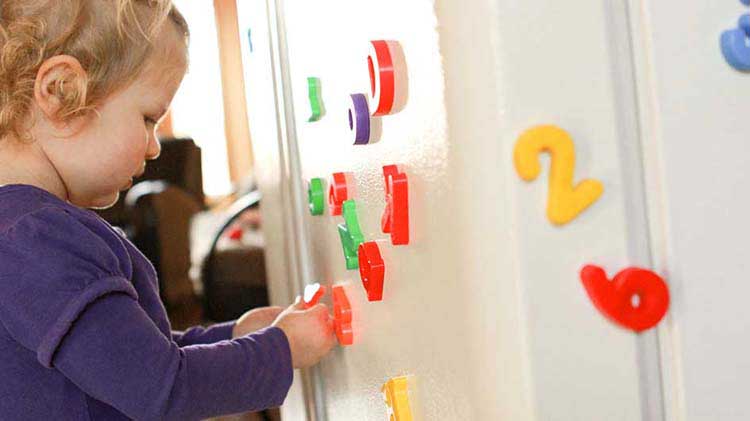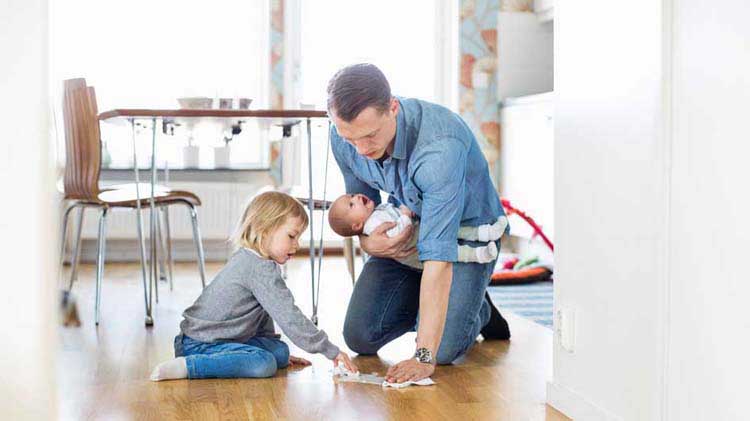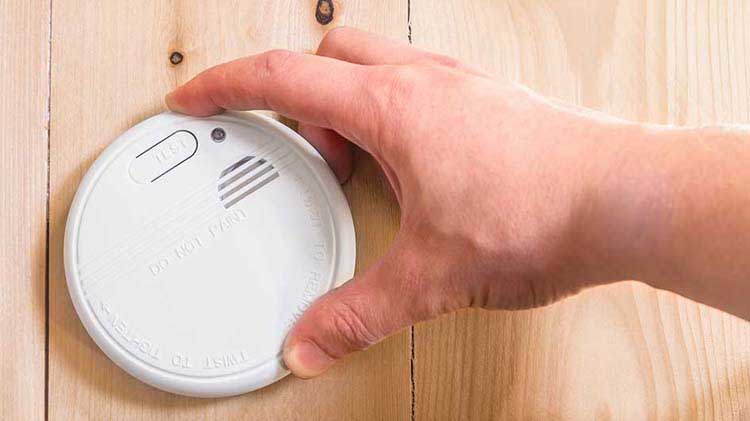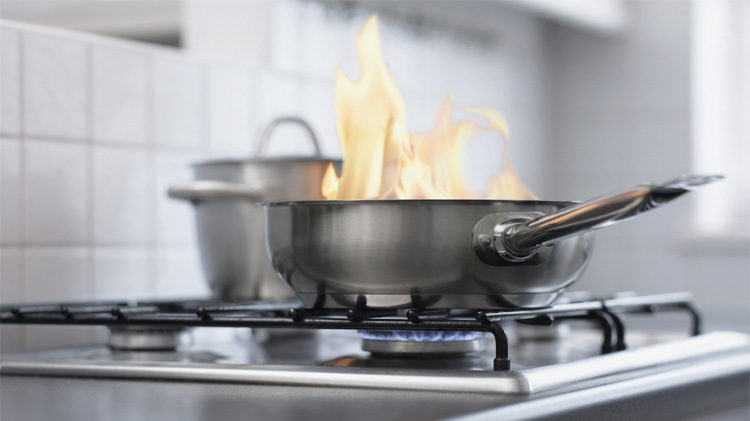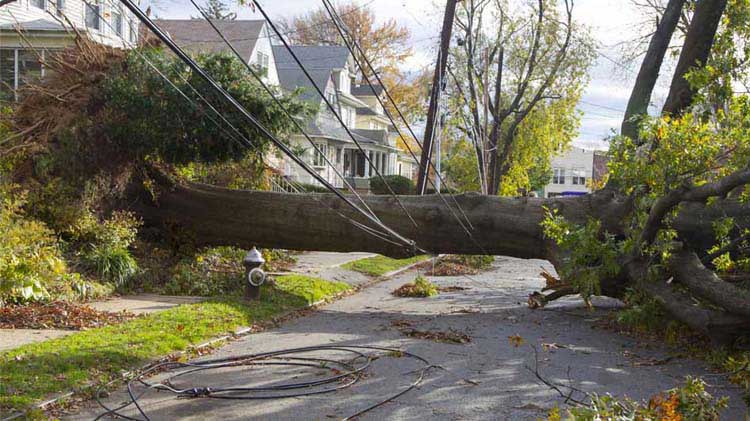Surprising household hazards
Some household safety risks may surprise you and knowing a few of the culprits is important to help prevent accidents in your home.
How can I avoid household hazards?
- Keep treadmills and exercise equipment secured, powered off and unplugged. The rotating belt can cause friction rashes, broken bones and snagged clothing in an instant.
- Store the safety key away from the machine so that children can't accidentally turn it on.
- Keep refrigerator magnets out of reach or secured. Small magnets can be swallowed and put children at risk of choking or damaging their stomachs and digestive tracts.
- Keep coin/button batteries out of reach and secure items that use them. Coin lithium "button" batteries can put children at risk of choking or do internal damage to their bodies.
- Tape battery doors shut on items powered by coin batteries so children can't access them.
- Keep unused batteries out of children's reach.
- Maintain and assure garage doors are operating smoothly and functioning safely. Malfunctioning and improperly installed garage doors can cause injuries.
- Regularly test garage doors to make sure they retract when an object is in its path to help prevent injury if someone walks or stands underneath.
- Have a professional inspect your garage doors, all springs and sensors to see if they need repair.
- Maintain and evaluate electronic appliances. The advanced features on today's high-tech appliances make them easy to use, but they can short circuit and lead to fires. Pay close attention to:
- Stove burner ignitions that turn on by themselves.
- Refrigerator light bulbs that stay on and overheat.
- Appliances with warning signals. Display panels often flash unusual messages if there's a problem.
- Keep trash cans put away in a safe place. The can and lid should be sturdy enough to keep pets and children out.
- Heavy furniture. Protect your kids from a furniture tip over. Children may climb on furniture and appliances which can cause a potential accident.
- Plants. It’s important to know the different toxic plants to keep clear of children and pets.
How can I avoid typical hazardous household items?
- Keep floors and stairways in high traffic areas clear to prevent injury and falls.
- Assure stairways are well lit.
- Store household cleaners, poisonous items and medications in secure places away from children's reach to help prevent accidental poisoning.
- Maintain fresh batteries in smoke detectors in case of fire and in carbon monoxide detectors to help prevent poisoning.
- Verify wiring and light switches in your home are problem free.
- Secure swimming pools and spas with safety features to help prevent drownings.
- Consider using child safety screens. Regular window screens are strong enough to keep pesky bugs outside, but they are typically not strong enough to keep curious children inside.
Other hazards to consider
- Store your hand tools and power tools behind a lock and key.
- Keep hazardous materials stored and disposed of properly (paint, heat-sensitive or combustible materials and solvents etc.).
- Keep fertilizers, weed killers and pesticides stored out of a child's reach or in a locked cabinet.
- Practice kitchen safety.
- Be cautious when opening plastic packages.
- Trying to open rigid clamshell packages with knives or scissors can cause cuts and puncture wounds.
- Sharp plastic can also gouge skin.
- Instead, use tin snips, a manual-can opener or scissors specially designed for this purpose.
Regularly check your home for potential fire hazards
- Examine electrical and extension cords.
- Check that your fixtures are using light bulbs with the appropriate bulb wattage.
- Inspect and clean the clothes dryer lint trap.
- Move glassware away from windows and direct sunlight.
- Store and dispose of unused batteries and cover the posts with electrical tape.
- Use electric blankets safely.
Conduct a regular home inspection and create a well-stocked first-aid kit using these tips from the American Red Cross.
